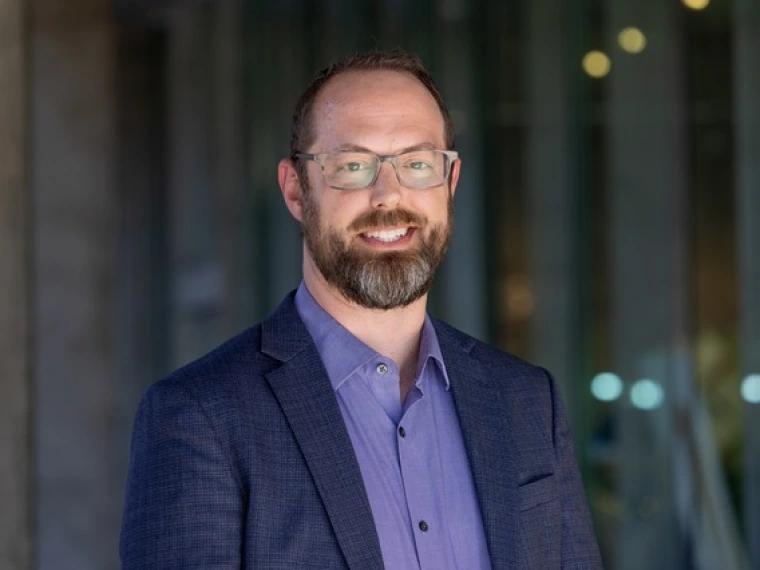A “Heatshed” Moment for Communities in Crisis
More people die of heat than any other weather condition in the U.S. And the ten warmest years since global record keeping began in 1850 were all during the last decade, with 2023 being the hottest single year in recorded history. Heat also has significant implications for equity and disproportionately affects communities of color and low-income communities — in other words, heat impacts everyone, but the impacts of heat are not equally felt. Practical solutions like heat mitigation (urban cooling), heat management (preparedness and response) and heat governance (coordination and planning) could significantly advance heat resilience. What might those strategies look like in practice? And how can we continue to thrive even as the temperature rises?
Ladd Keith’s transdisciplinary research focuses on heat planning, policy, and governance to help increase the heat resilience of communities, regions, and nations across the world. He is the U of A lead of the Department of Energy-funded Southwest Urban Corridor Integrated Field Laboratory, the co-lead of the National Integrated Heat Health Information System-funded Center for Heat Resilient Communities, the heat research lead of the National Oceanic and Atmospheric Administration -funded Climate Assessment for the Southwest, co-investigator of the Centers for Disease Control and Prevention-funded Building Resilience Against Climate Effects, and co-investigator of the National Institutes of Health-funded Southwest Center on Resilience for Climate Change and Health. He also serves on the Management Committee for the Global Heat Health Information Network, a World Health Organization and World Meteorological Organization joint initiative to protect global populations from the health risks of extreme heat.


